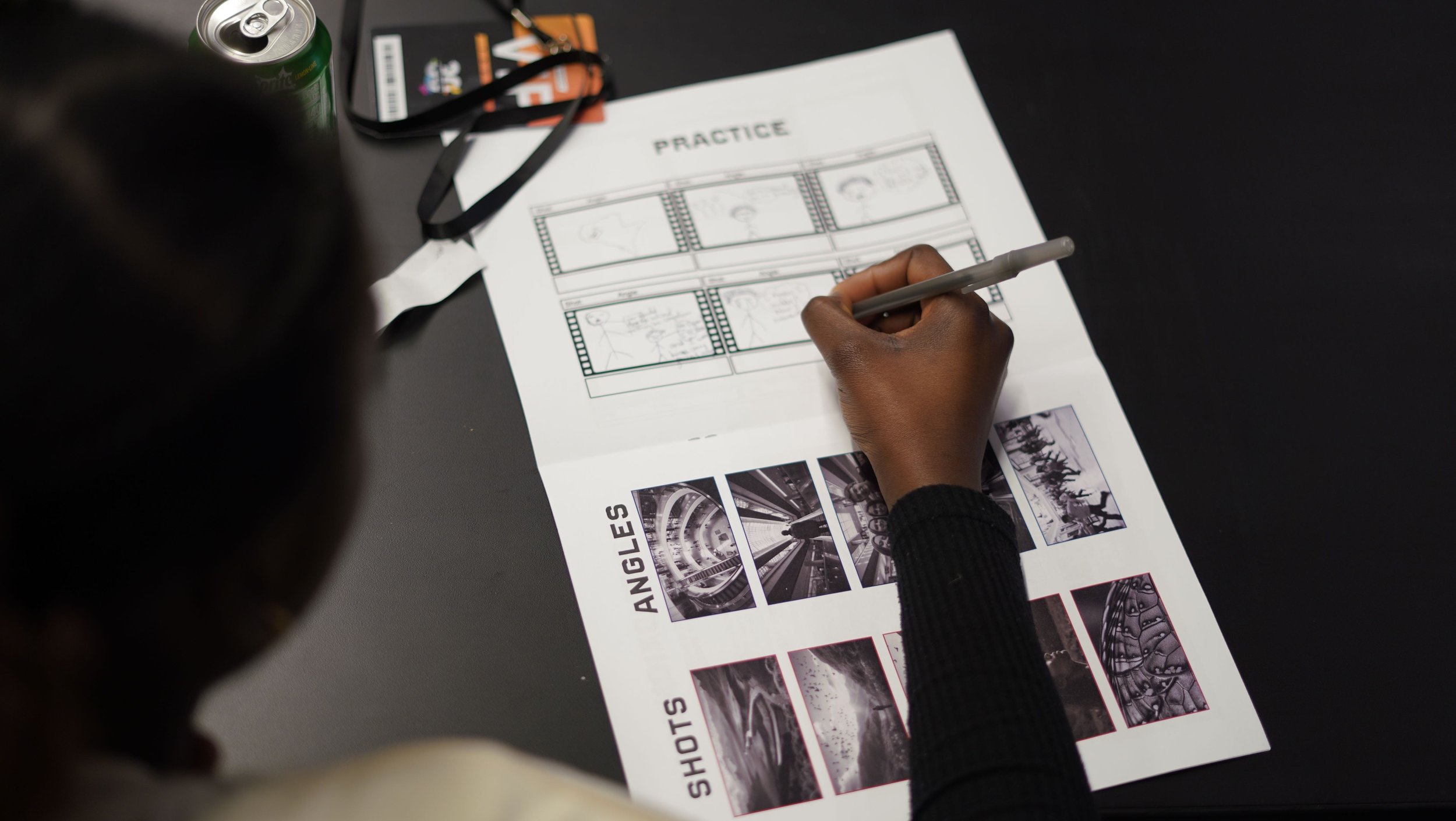
Virtually or in-person, locally or internationally, students or teachers, we create unique programming for all types.
-
![]()
Media Lit Monthly
Media Literacy Monthly is a six month virtual webinar series and conversation forum related to digital literacy topics for current on-program FLEX and YES students. Content includes interactive puzzles, games, and activities for students to complete. Participants on program span all 50 states in the U.S. and four different time zones.
-
![]()
NOMAD Workshop
The Navigating Online Media and Disinformation (NOMAD) workshop, funded by the U.S. Department of State through the Kennedy-Lugar Youth Exchange and Education (YES) Program, trained 39 students (including 17 YES alumni) and 15 teachers (through the Training of Trainers series) in media literacy across 5 countries: Albania, Bosnia and Herzegovina, Bulgaria, Kosovo, and North Macedonia.
-
![]()
Online Storytelling Course
The FLEX and YES Online Storytelling Course is a self-paced, online course that teaches on-program FLEX and YES students the principles of good storytelling. Throughout the year, they learned how to write, edit, and collect media in order to create a short video about their exchange year according to the theme:
Through New Eyes: Create a story about a unique cultural experience you had during your exchange and how it transformed your perspective on the world.
-
![]()
Digital Citizenship Ambassador Training
The Digital Citizenship Ambassador Training (DCAT)is a hybrid virtual and in-person training and curriculum development effort to help Armenian youth effectively analyze the credibility of information they receive online and demonstrate the norms of responsible and positive online engagement.
-
![]()
Media Literacy Workshop for Youth
American Councils partnered with the U.S. Embassy Port Moresby to create the Media Literacy for Youth program, which taught media literacy skills to 197 participants in Papua New Guinea, Solomon Islands, and Vanuatu. The program trained 12 educators and journalists, who then taught 119 students. Teachers were trained to write, research, and interview like journalists, creating a self-published work called a “zine” about media and journalism.






